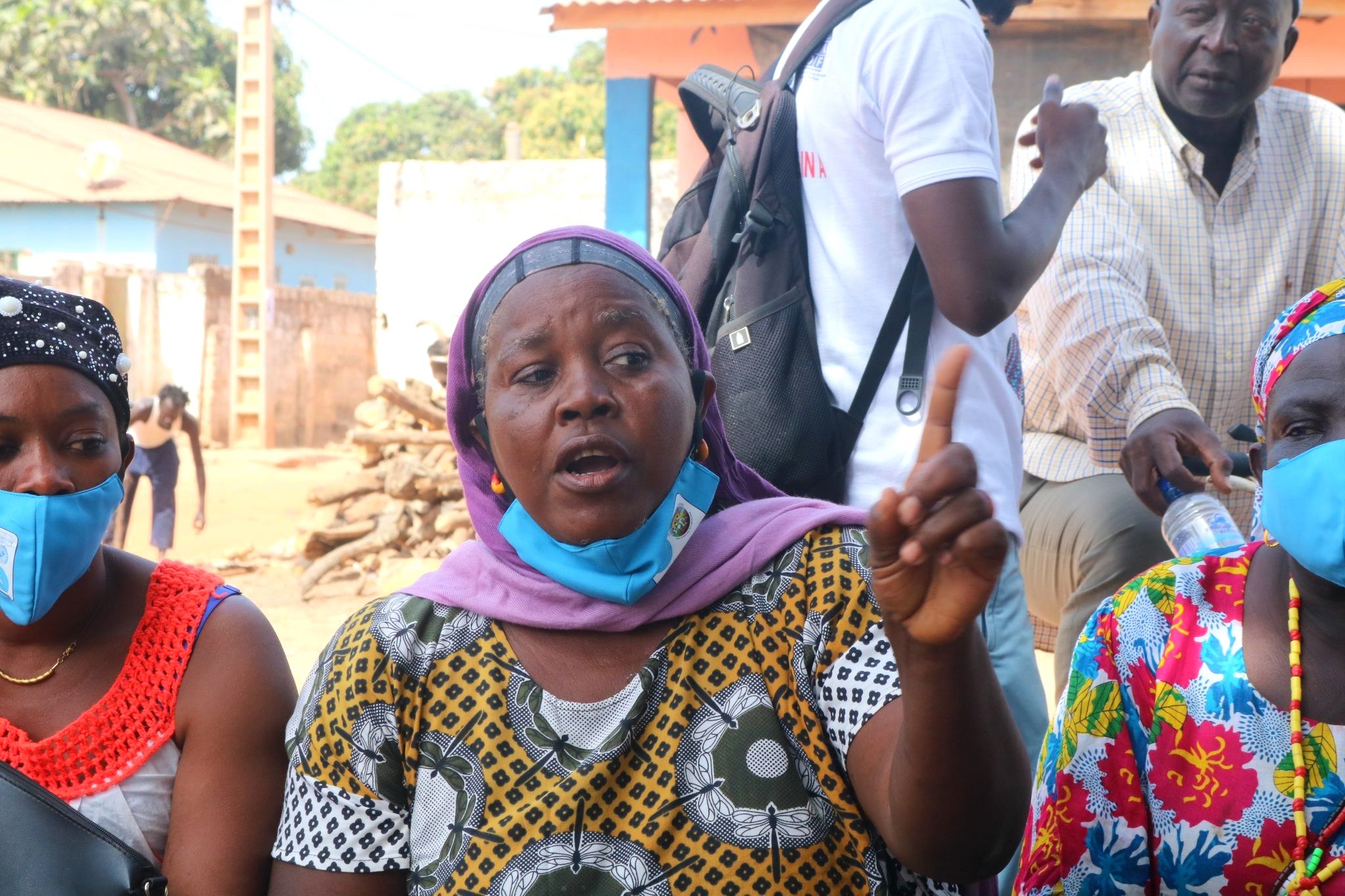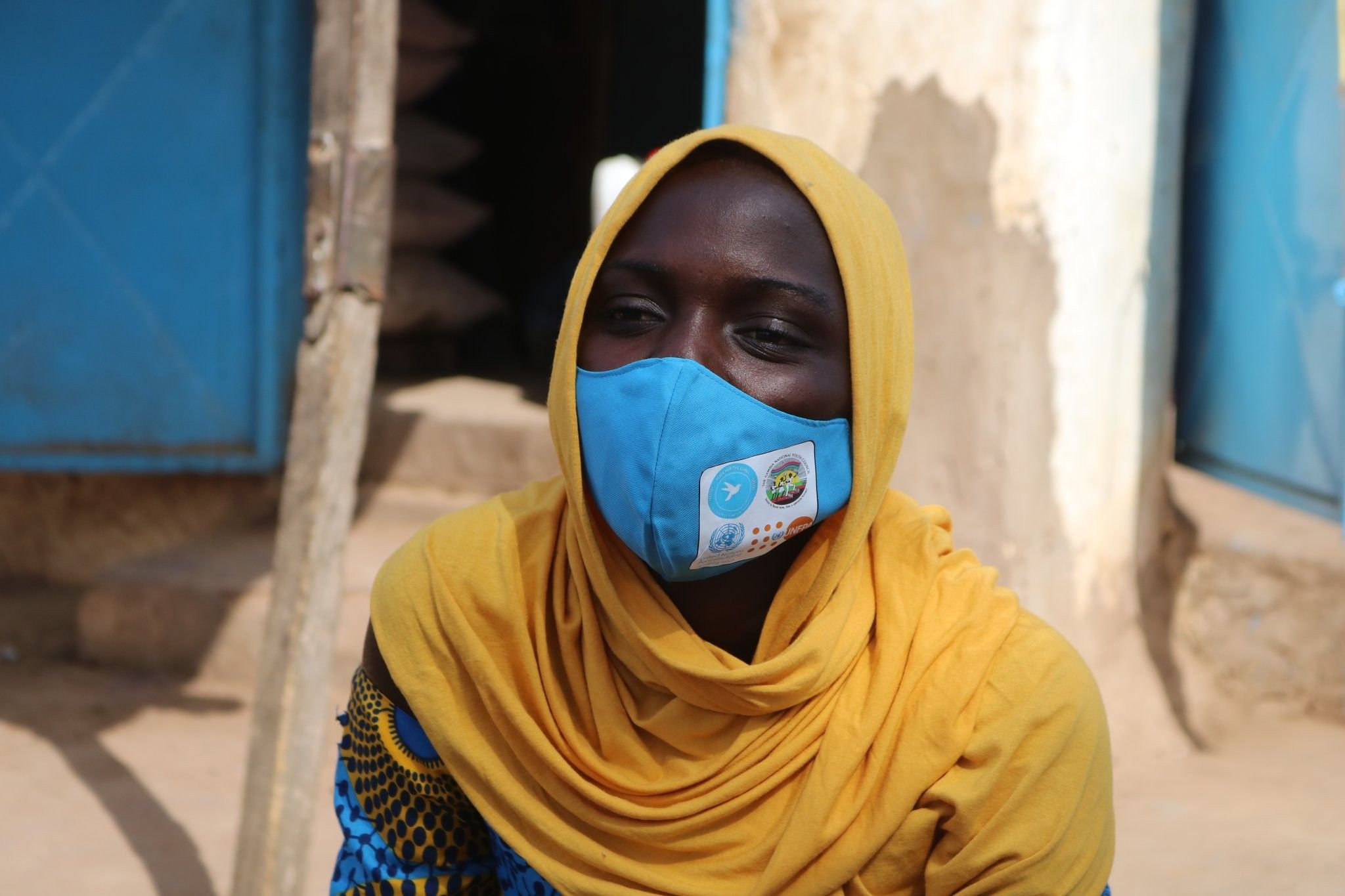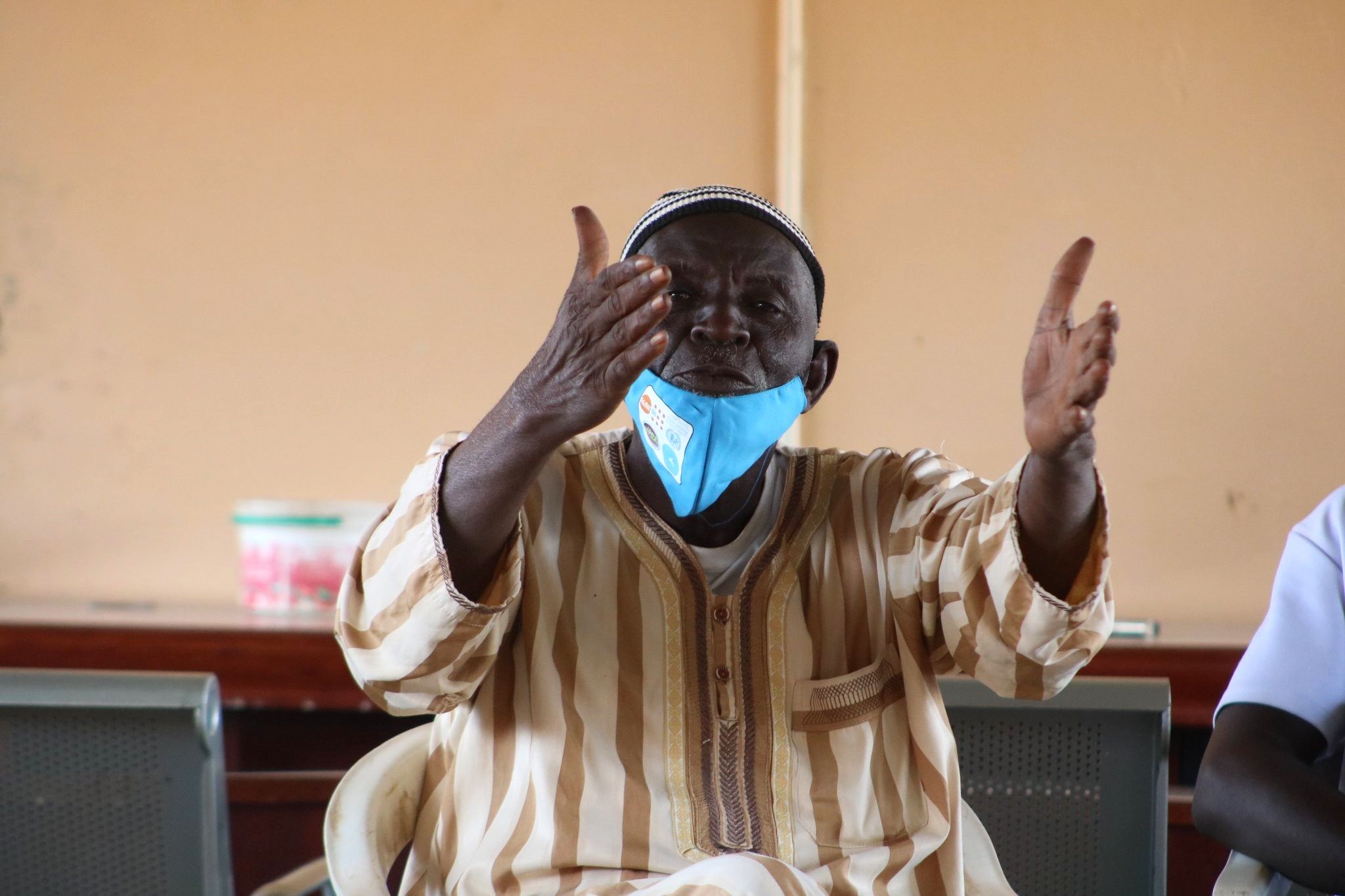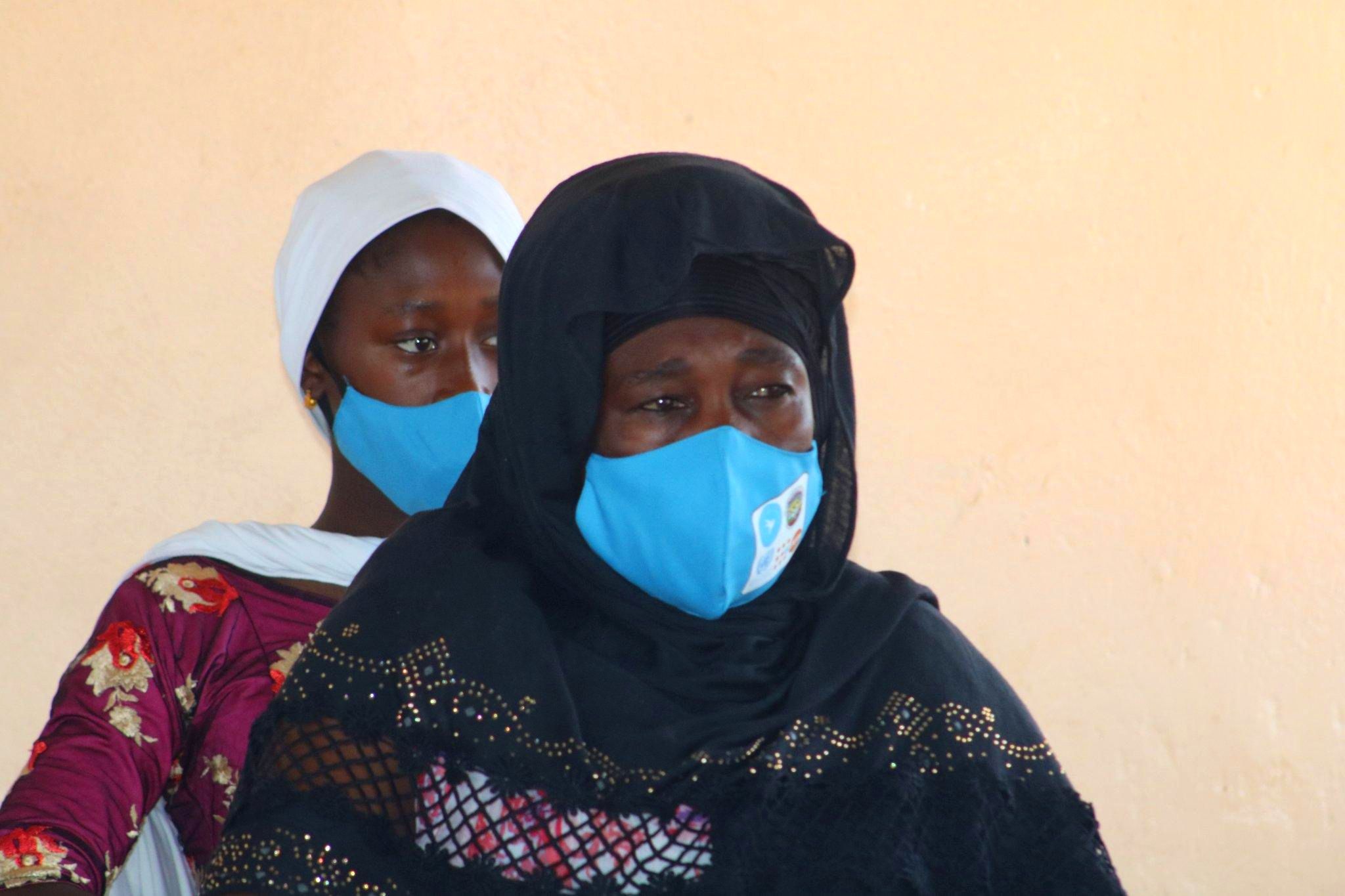Attaining social cohesion and sustainable peace are critical towards realising the ideals of the 2030 Agenda for Sustainable Development and advancing the fundamental rights and freedoms of all. In The Gambia, UNFPA through the support of the UN Secretary General’s Peacebuilding Fund is working with Government and Civil Society Organisations to foster meaningful conversations towards ensuring that no one is left behind in the country’s peacebuilding processes, particularly targeting constituents the agency serves – young people and women.
As part of activities supported under the UN Peacebuilding funded project on Young women and men as stakeholders in ensuring peaceful democratic processes and advocates for the prevention of violence and hate speech, Peace Hub The Gambia (PHTG) held dialogues on peace and inclusion in communities in the Upper River, Central River, North Bank and West Coast Regions of The Gambia from 19 to 26 March 2021.
Held under the theme “promoting peace through community dialogues” the initiative targeted women, young people and marginalised groups and was aimed at creating safe spaces to discuss the underlying causes of conflict, identify conflict prevention mechanisms that work within their contexts and encourage respect for diversity, tolerance, inclusion, and sustainable peace.

According to Bakary Sonko, National Programme Coordinator of PHTG, some of the causes of conflict identified during the community conversations were related to access to financial resources, deep-seated social constructs and gender-informed power imbalances, tribal differences and political affiliations. To address these challenges, Bakary highlighted that “communities must converse to ensure mutual understanding across all generations and proffer solutions that will build and sustain peace.”
Peace is the bedrock of all endeavours to advance society. To make communities peaceful, the rights and dignity of all must be guaranteed and respected. - Wuday Sanneh, Song Kunda, Upper River Region

Traditionally, many factors such as joking relations and inter-marriages in Gambian communities have contributed towards the country’s stability. However, for this peace to be sustained, there is a need to identify causes of possible conflict and instability as well as devise strategies that can work within the country’s communal and tightly- knitted context. This will ensure that populations often left behind such as women and youth, are positioned at the center of conversations and provided opportunities to participate in all development processes.
For there to be peace and social cohesion, we need to dialogue more, respect each other, appreciate our differences, ensure equality and see ourselves as Gambians first before any other classification.- Lamin Sonko, Alkalo of Katamina, Central River Region

Fatou Ceesay of Katamina emphasised that, in many communities, women & young people do not enjoy the decision making opportunities as men. This she said is not helpful as far as equality & inclusion are concerned.
In order to effectively practice inclusion & equality, everyone's opinion should matter. - Fatou Ceesay, Katamina

Recognising that fake news, rumours and misinformation are threats to peaceful democratic processes and can lead to conflict, Yusupha Jobe of Katamina in the Central River Region emphasised that “peacebuilding and participation in leadership and decision making especially through politics can happen without spewing hate speech. If such is allowed to take away peaceful co-existence in communities, young people are at risk of being used as instruments of conflict.”
Reaching about 160 people in the various communities, these community engagements supported by UNFPA with funding from UN Peacebuilding seek to contribute towards enhancing social cohesion and peaceful co-existence while centering the voices and perspectives of young women and men.
Over the 24-month lifespan of the project, UNFPA will support various partners working towards promoting positive messaging and defining appropriate gateways to ensure social and traditional media become a safe space for Gambians, especially young women and men. This will help ensure that social bullying and hate speech are addressed in Gambian communities.
Media contact:
Haddy Jonga - Programme Analyst Communications, UNFPA The Gambia jonga@unfpa.org


